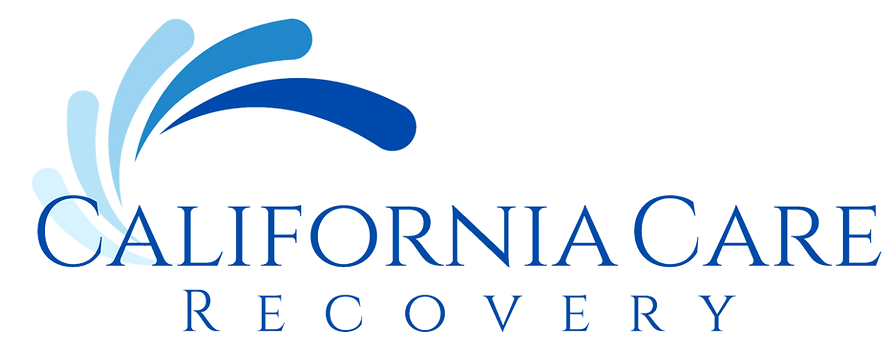Residential Treatment for Drug and Alcohol Abuse
Struggling with drug or alcohol abuse can be a daily challenge
Depending on the level of addiction, simply trying to starve off the drugs in one’s own space will not be enough. In that case, residential or inpatient rehab can become an important option to consider for anyone struggling with the addiction and their loved ones.
California Care Recovery, in Orange County, California, offers residential treatment for those struggling with drug and alcohol abuse. Customized treatment plans can be developed to satisfy individual needs and diagnoses. Inpatient rehab can include therapy, medication management, and holistic methods of treatment.
What is Residential Rehab?
Residential rehab, also known as inpatient treatment, describes a version of addiction treatment in which the patient resides full-time in a facility that specializes in drug and alcohol addiction. Inpatient treatment often comes after a detox from the drugs and alcohol in the patient’s system.
California Care Recovery’s inpatient rehab provides 24/7 care and service. Patients are surrounded by and in the care of medical and mental health professionals like doctors, nurses, psychiatrists, nutritionists, drug and alcohol addiction specialists, and counselors. They also typically participate in a custom-built program including both physical detoxes and mental health services like therapy and counseling.
Patients in an inpatient rehab center live in the facility during their substance abuse treatment. They may have a room for themselves or share it with a roommate. The goal of full-time care is to ensure all their needs are taken care of as they recover from their alcohol or drug addiction.
Benefits of Inpatient Rehab
Drug rehab can sometimes feel like a last resort for individuals struggling with substance use. However, the comprehensive nature of residential treatment makes it one of the most effective options for lasting recovery from any substance use disorder.
Most importantly, studies repeatedly show that combining multiple types of treatment—such as medical detox, therapy, and holistic support—is essential for recovery. Simply undergoing detox or attending therapy alone is often not enough. True healing involves addressing both the mind and body.
For many, it’s difficult to access all of these services in isolation or while managing daily responsibilities. In contrast, full-time, in-person treatment ensures that every aspect of care is covered, with around-the-clock support from qualified professionals.
This constant supervision is especially crucial during early detox, when recovery can be physically dangerous. Inpatient rehab protects both the patient and those around them during this vulnerable period.
Lastly, inpatient treatment removes individuals from external stressors and triggers that can lead to relapse. Instead, they build a sense of structure, safety, and community with others on a similar path—creating a powerful foundation for holistic, long-term recovery.
What Happens During Inpatient Rehab
Inpatient rehab schedules can vary significantly based on the individual’s needs. Personalized treatment plans are much more effective than a one-size-fits-all approach, so each patient’s experience is tailored through an initial assessment.
Based on this assessment, patients may be placed into a short-term or long-term residential program. Both options offer full-time care in a structured environment, with days typically beginning with a scheduled breakfast and ending with evening recreational activities.
A typical daily schedule may include:
- Individual therapy
- Group therapy and support groups
- Mental health assessments
- Medical care appointments
- Fitness activities
- Cognitive therapy
- Medication-assisted therapy
- Family therapy
- And more
Not every day will include all of these activities, but a comprehensive treatment plan provides the structure needed to support steady progress. This consistency helps individuals stay focused and motivated throughout their recovery.
The most valuable part of inpatient rehab is the continuous support from licensed professionals. In addition to community-based activities, patients have around-the-clock access to medical and mental health experts, offering a safer, more structured, and more supportive environment than outpatient care alone can typically provide.
Signs Inpatient Rehab May Be Needed
Not every individual struggling with substance use disorder will require residential or inpatient rehab. However, this type of program can be especially beneficial for those who would thrive in a structured, supportive environment that removes outside distractions and influences.
Common signs that inpatient rehab may be the most effective treatment option include:
- A high risk of experiencing withdrawal symptoms, especially in the early stages of treatment
- Exposure to negative influences at home, such as strained family relationships, that hinder recovery
- Previous unsuccessful attempts at recovery—either on their own or through outpatient programs
- A history of relapses after initially achieving sobriety
- Co-occurring mental health conditions, such as depression or anxiety, that complicate the recovery process
- Low motivation or difficulty following treatment recommendations without ongoing supervision
If one or more of these signs are present, inpatient rehab may be the best path toward building and maintaining long-term recovery. It’s always important to consult with a medical or mental health professional to determine the right level of care for your unique situation.
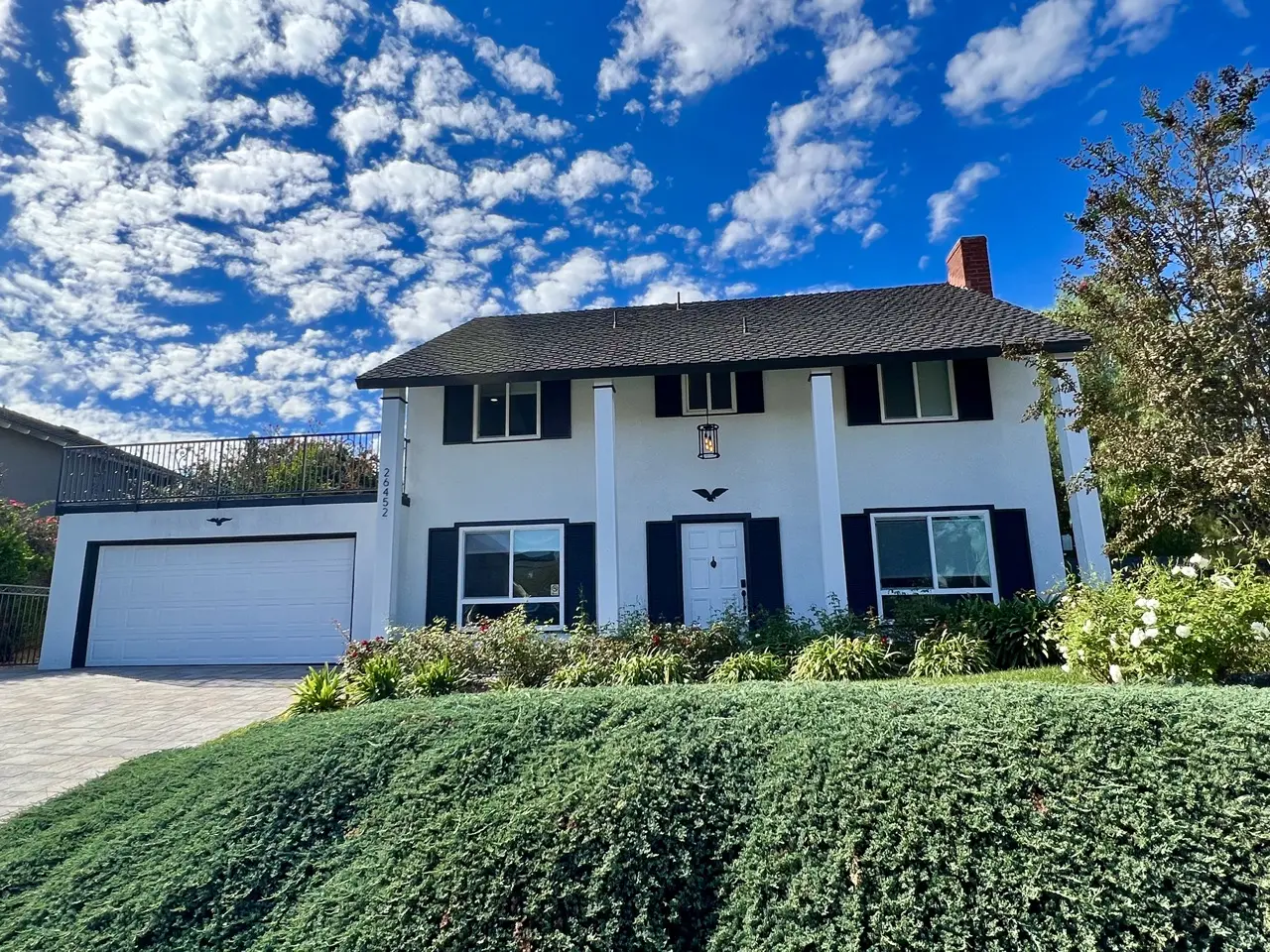
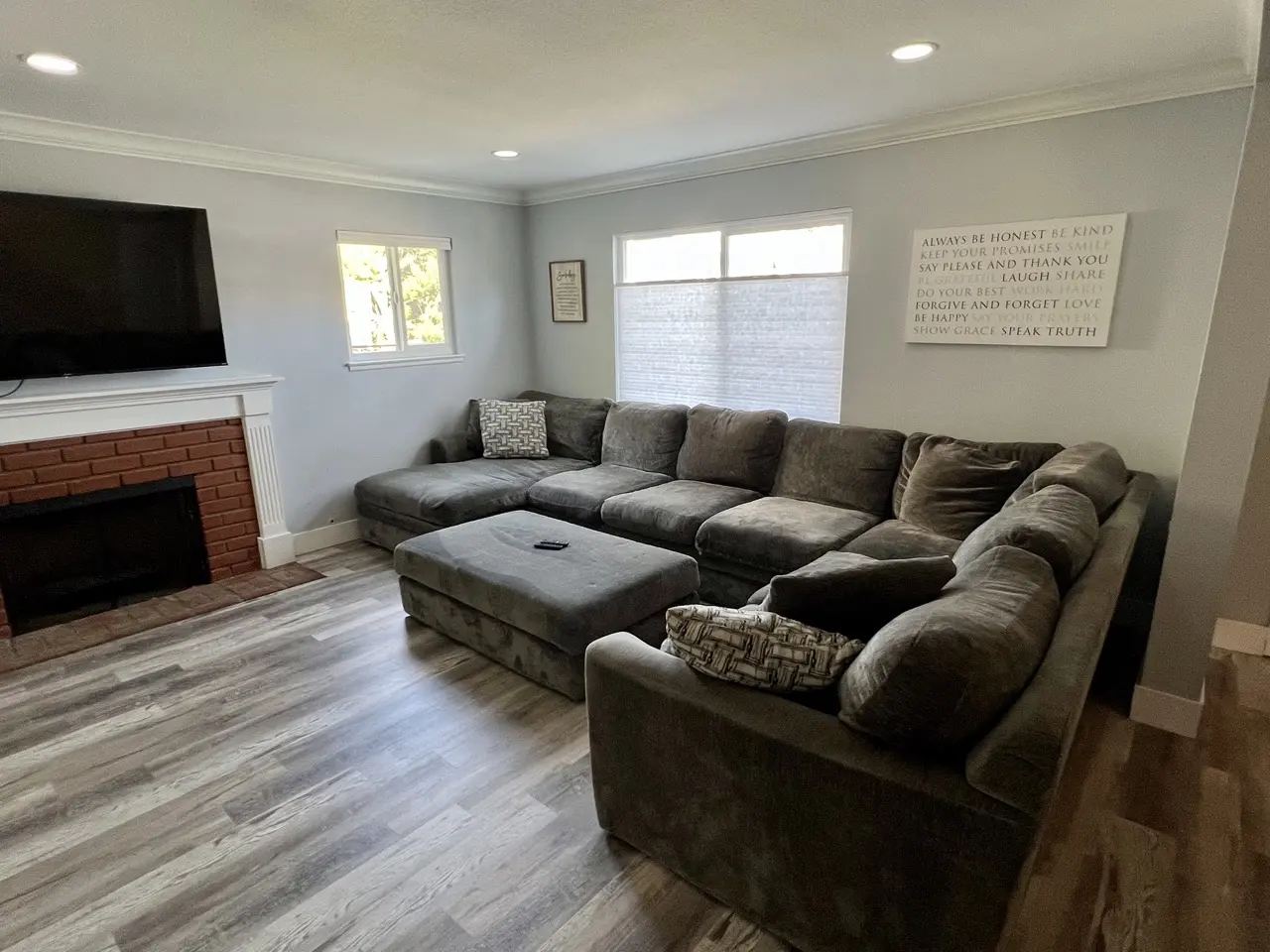
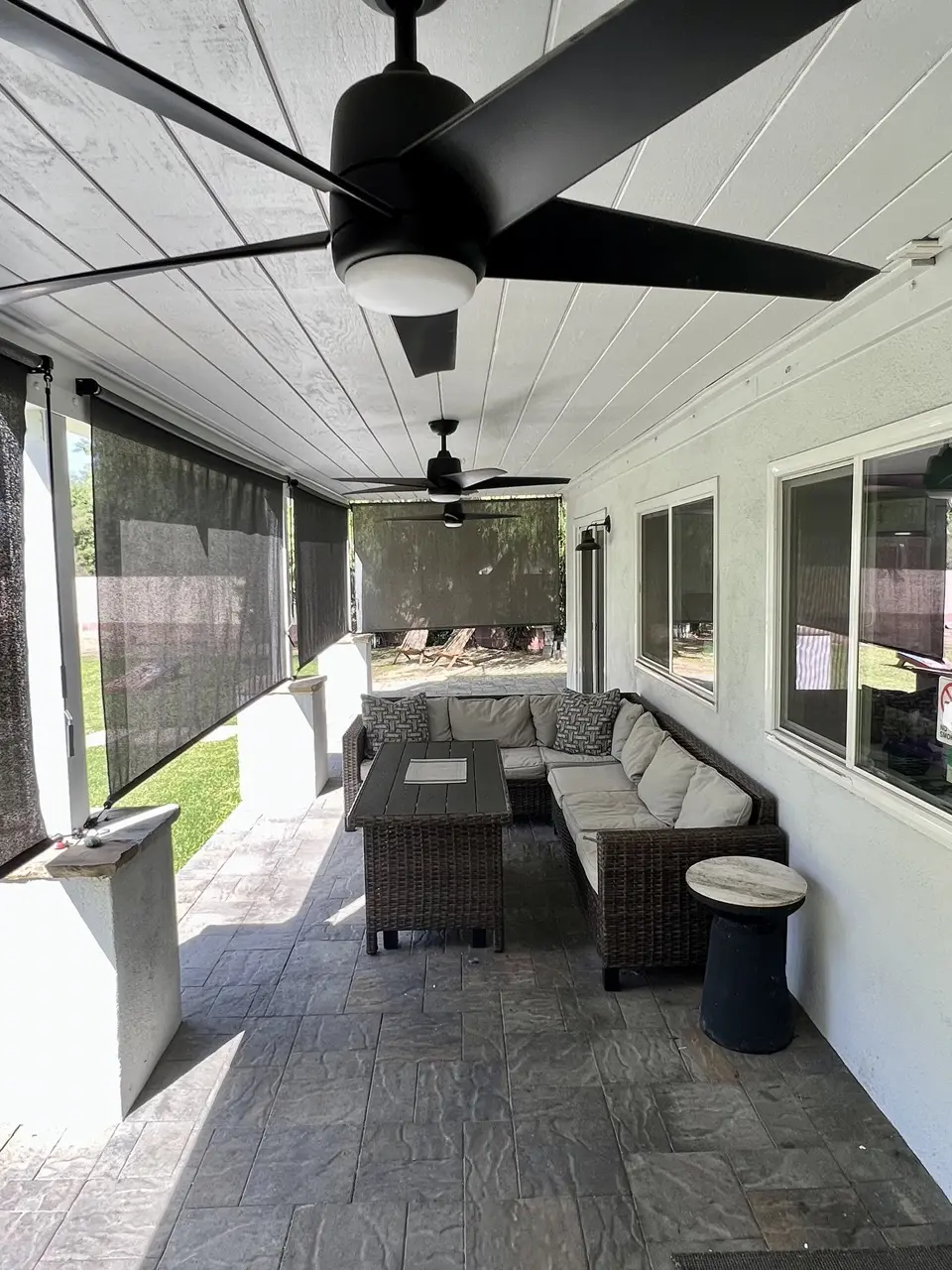
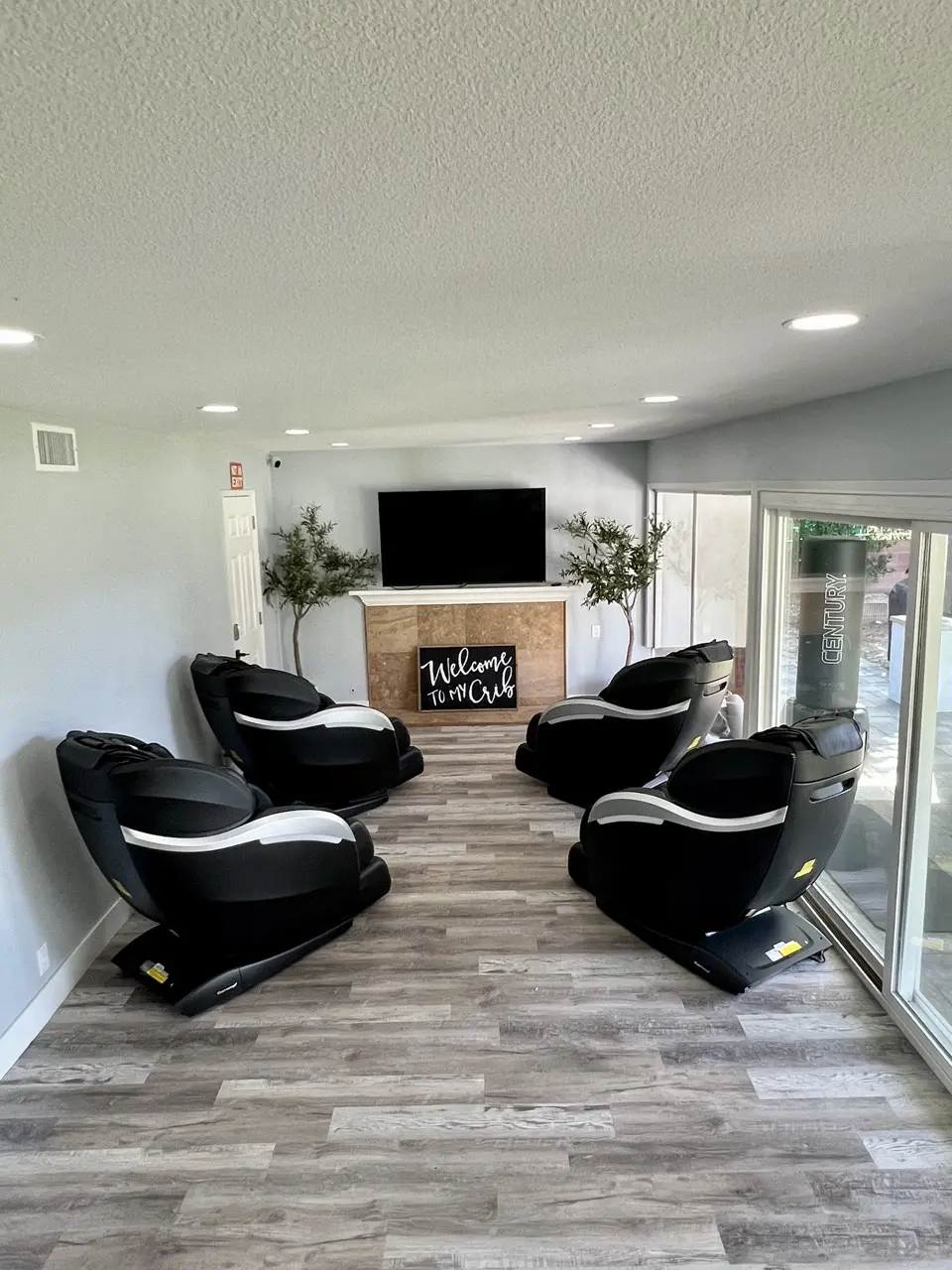
Inpatient Rehab in Orange County
In the right environment, inpatient rehab can be highly effective for individuals struggling with drug or alcohol addiction. Choosing the right facility is essential to ensure a successful and lasting recovery.
California Care Recovery provides residential treatment in Mission Viejo, California, for individuals facing substance use disorders. Our 3.5-level of care certification from the American Society of Addiction Medicine enables us to deliver high-quality clinical services for both adolescents and adults.
Our comprehensive approach addresses both the immediate detox process and the development of a long-term recovery plan. Through our dual diagnosis program, we treat underlying mental health conditions alongside substance use, targeting the root causes of addiction and reducing the risk of relapse.
